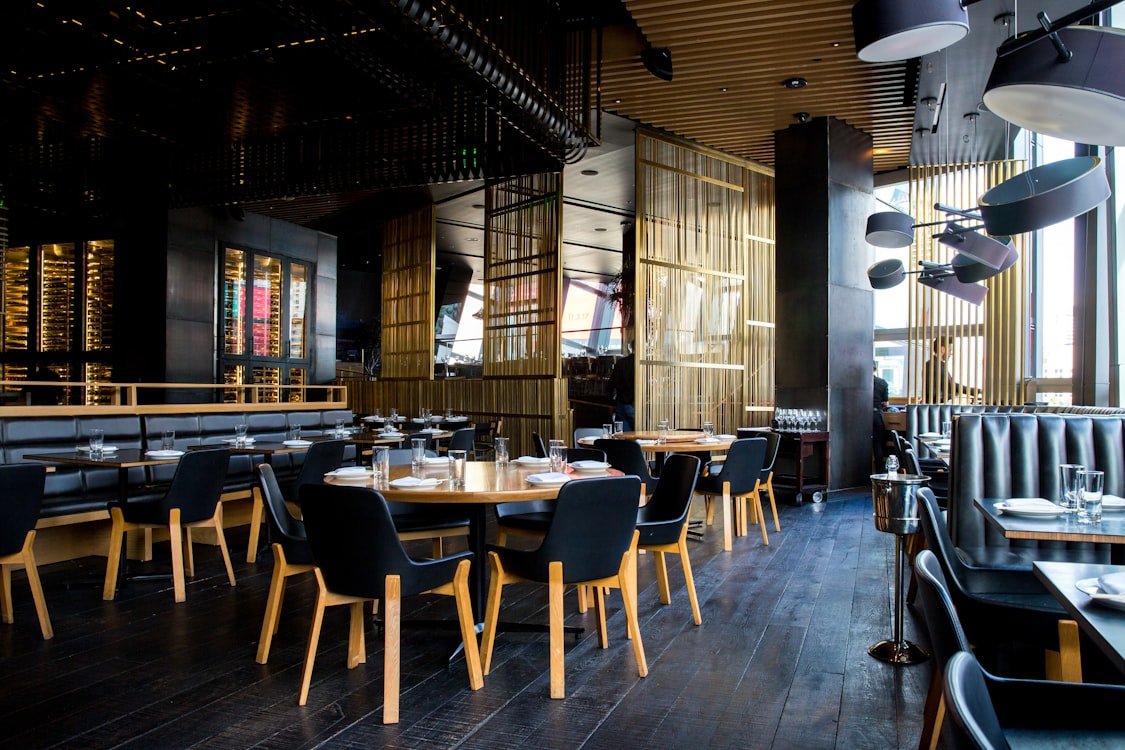April 7, 2025

Did you know that over 7,000 languages are spoken worldwide? This linguistic diversity presents a unique challenge for restaurants catering to an international clientele. From taking orders to answering inquiries, language barriers can significantly impact customer satisfaction and operational efficiency.
As the culinary world becomes increasingly interconnected, restaurants face the daunting task of communicating effectively with patrons from various linguistic backgrounds. This is where innovative solutions like multilingual restaurant phone systems powered by AI come into play.
Artificial Intelligence has made significant strides in language processing and translation. For restaurants, this technology offers a game-changing solution to overcome language barriers. AI-powered phone systems can now handle customer calls in multiple languages, ensuring clear communication regardless of the caller's native tongue.
These systems go beyond simple translation. They understand context, nuances, and even regional dialects, providing a seamless experience for both the customer and the restaurant staff.
Implementing a multilingual restaurant phone system powered by AI offers numerous advantages:
These systems work tirelessly, ensuring that language barriers don't stand in the way of providing excellent service. They can handle multiple calls simultaneously, reducing wait times and improving overall customer experience.
Consider a scenario where a Japanese tourist is trying to make a reservation at an Italian restaurant in New York. Traditionally, this interaction might be fraught with misunderstandings. However, with an AI-powered multilingual phone system, the conversation flows smoothly, with the AI translating between Japanese and English in real-time.
This technology isn't just beneficial for high-end establishments. Even small, family-owned restaurants can leverage these systems to expand their reach and improve customer service.
As demonstrated in this video, AI is revolutionizing how businesses overcome language barriers. The same principles apply to restaurant phone systems, enhancing communication and customer service.
While the benefits are clear, some restaurants may hesitate due to perceived implementation challenges. However, modern AI phone systems are designed with user-friendliness in mind. They integrate seamlessly with existing restaurant management systems and require minimal training for staff.
Key considerations for implementation include:
With the right approach, these challenges are easily surmountable, paving the way for improved global communication in your restaurant.
As AI technology continues to evolve, we can expect even more sophisticated multilingual capabilities in restaurant phone systems. Future developments may include:
These advancements will further bridge the gap between restaurants and their global clientele, creating a truly inclusive dining experience.
Global Flavors, a fusion restaurant in San Francisco, implemented an AI-powered multilingual phone system to cater to its diverse customer base. Within three months, they saw a 30% increase in international reservations and a significant reduction in order errors due to language misunderstandings.
The restaurant's manager, Sarah Chen, noted, "Our AI phone system has been a game-changer. We're now able to communicate effortlessly with customers from all over the world, enhancing their dining experience from the moment they call us."
When selecting a multilingual restaurant phone system, it's crucial to choose one that aligns with your specific needs. Look for a system that offers comprehensive language support, seamless integration with your existing setup, and robust customer service.
Our product, Loman.ai, is designed specifically for restaurants, offering advanced multilingual capabilities along with features like automated order taking and reservation management. It's an all-in-one solution that addresses the unique communication challenges faced by restaurants in a global market.
While this video focuses on overcoming language barriers in research, the principles of using AI for effective communication across languages apply equally to the restaurant industry. AI-powered systems like Loman.ai are making multilingual communication more accessible and efficient than ever before.
In an increasingly connected world, language barriers should not limit a restaurant's ability to provide exceptional service. AI-powered multilingual phone systems offer a practical, efficient solution to this challenge. By embracing this technology, restaurants can expand their reach, improve customer satisfaction, and streamline their operations.
As we move forward, the integration of AI in restaurant communication will likely become the norm rather than the exception. Restaurants that adopt these technologies early will be well-positioned to thrive in the global marketplace, offering a truly inclusive dining experience to customers from all linguistic backgrounds.

Enter your information in the form to receive a call from Loman and place an order like a customer would!